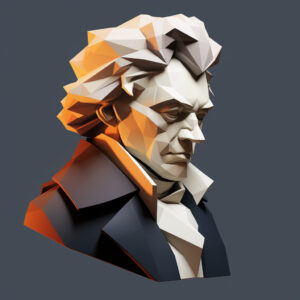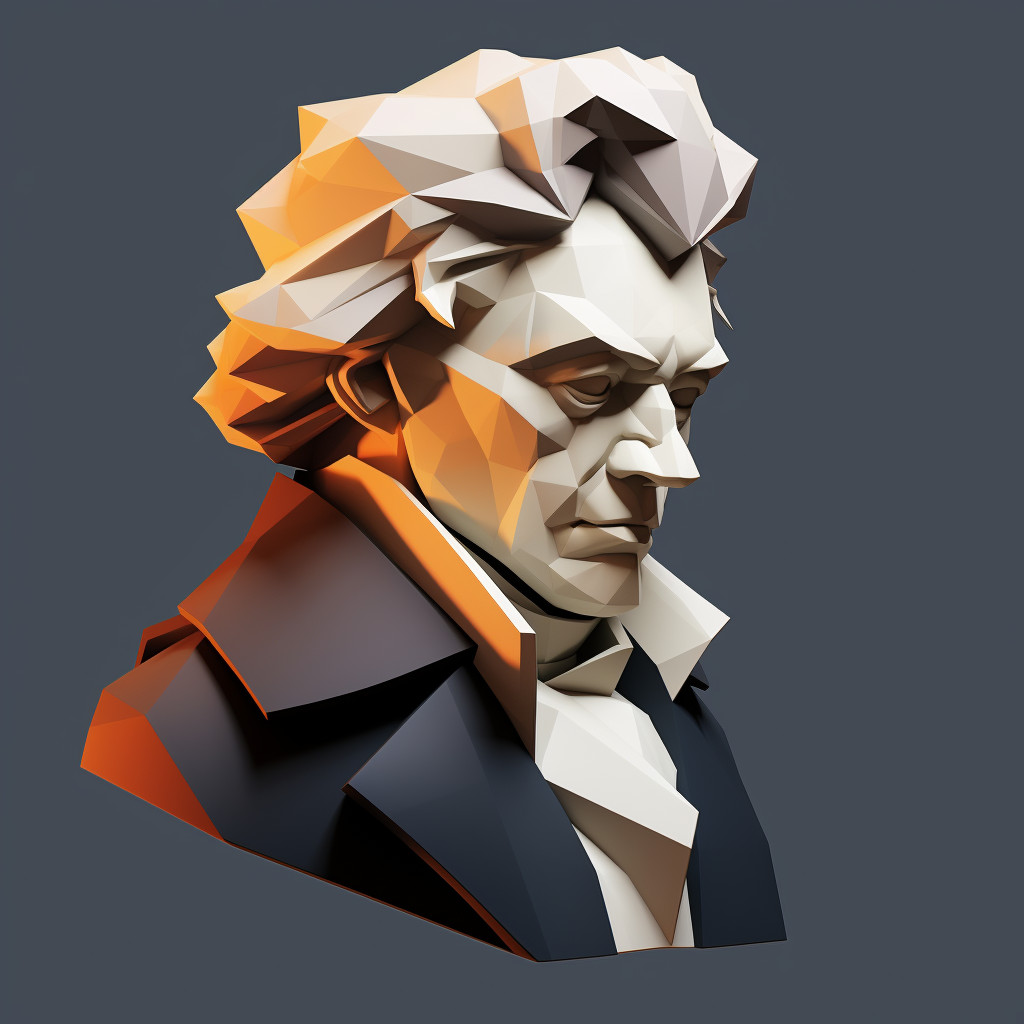Ludwig van Beethoven Quotes
- Composer
- Germany
- 1770 - 1827

Ludwig van Beethoven, born in 1770 in Bonn, Germany, and passing away in 1827 in Vienna, Austria, stands as one of the most influential composers and pianists in the history of Western music. His work, particularly his symphonies, concertos, and sonatas, played a crucial role in the transition from…Read More
Ludwig van Beethoven, born in 1770 in Bonn, Germany, and passing away in 1827 in Vienna, Austria, stands as one of the most influential composers and pianists in the history of Western music. His work, particularly his symphonies, concertos, and sonatas, played a crucial role in the transition from the Classical to the Romantic era in music. Beethoven’s compositions, characterized by their emotional depth and innovative structures, have had a lasting impact on the evolution of music. Despite suffering from hearing loss later in life, he continued to compose masterpieces, cementing his legacy as a pioneering and transformative figure in classical music.Read Less
Ludwig van Beethoven, born in 1770 in Bonn, Germany, and passing away in 1827 in Vienna, Austria, stands as one of the most influential composers and pianists in the history of Western music. His work, particularly his symphonies, concertos, and sonatas, played a crucial role in the transition from the Classical to the Romantic era in music. Beethoven’s compositions, characterized by their emotional depth and innovative structures, have had a lasting impact on the evolution of music. Despite suffering from hearing loss later in life, he continued to compose masterpieces, cementing his legacy as a pioneering and transformative figure in classical music.

61 Interesting Ludwig van Beethoven Quotes
Ludwig van Beethoven Career Highlights
- Beethoven was a German composer and pianist who lived from 1770 to 1827.
- He is considered one of the greatest and most influential composers in Western classical music.
- Beethoven’s career was marked by three distinct periods: early, middle, and late, each characterized by different styles and themes in his music.
- Despite losing his hearing in his late 20s, Beethoven continued to compose and produce some of his most famous works, including his Ninth Symphony and the “Moonlight” Sonata.
Key Contributions by Ludwig van Beethoven
- Beethoven’s compositions bridged the gap between the Classical and Romantic eras of music.
- He expanded the traditional forms of music, such as the symphony and sonata, and introduced new techniques and structures.
- Beethoven’s use of emotional and dramatic elements in his music set him apart from his contemporaries and influenced future composers.
- He also revolutionized the role of the composer, becoming one of the first to gain recognition and financial independence through his music.
What Sets Ludwig van Beethoven Apart
- Beethoven’s compositions were known for their emotional depth and intensity, often reflecting his personal struggles and experiences.
- He was a master of musical innovation, constantly pushing the boundaries and experimenting with new techniques and styles.
- Beethoven’s legacy continues to inspire and influence musicians and composers to this day, with his works remaining popular and widely performed.
Takeaways
- Beethoven’s career and contributions to music have solidified his place as one of the most renowned and influential composers in history.
- His perseverance and determination in the face of adversity, such as his hearing loss, serve as a testament to his passion and dedication to his craft.
- Beethoven’s impact on the development of classical music cannot be overstated, and his works continue to be celebrated and studied by musicians and music lovers worldwide.






